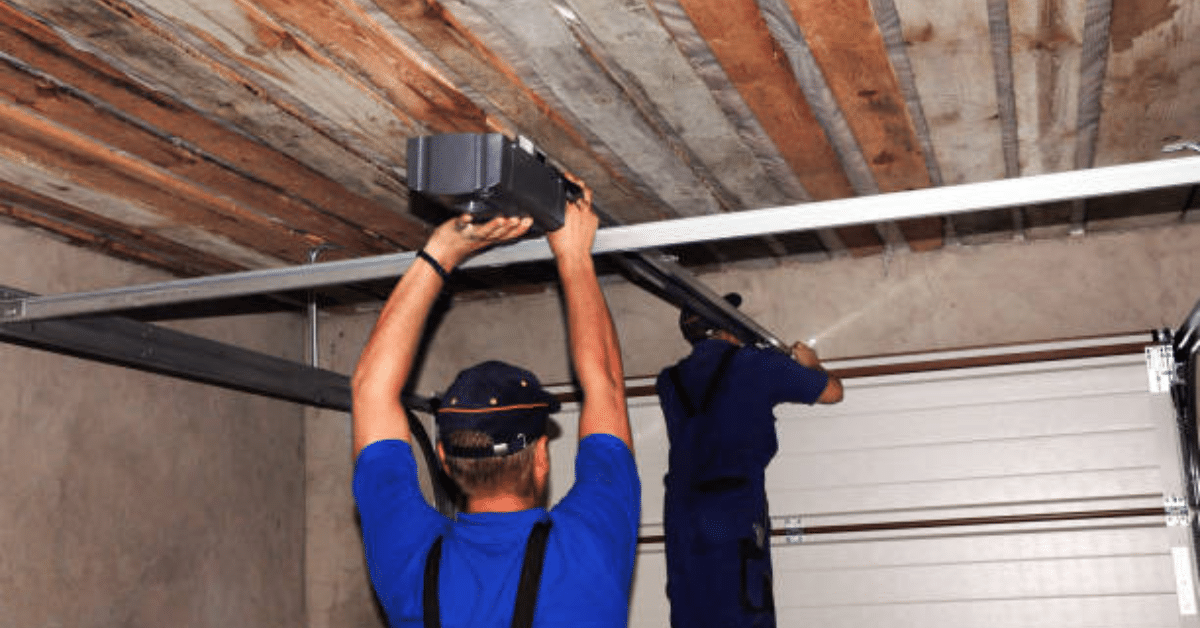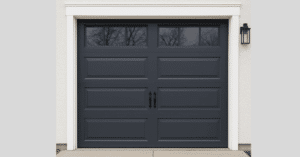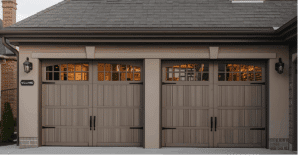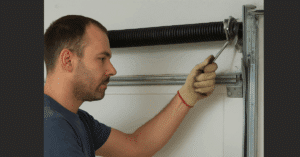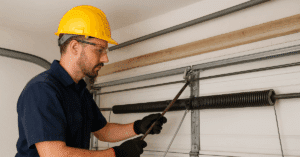Garage doors are the largest moving part of your home—and the motor that powers them is critical to your safety and convenience. But just like any mechanical system, it won’t last forever. So, how long do garage door motors last?
This guide offers a detailed look into the lifespan of garage door motors, signs of wear, and smart ways to keep them running smoothly for years. Whether you’re dealing with strange noises or simply want to plan ahead, this article is your one-stop resource.
Understanding the Average Lifespan of a Garage Door Motor
On average, garage door motors last between 10 to 15 years, depending on the type, brand, usage frequency, and maintenance level. With proper care, some high-end motors may even last up to 20 years.
However, the actual lifespan can vary greatly. A motor operating in a busy household may wear out faster than one used only occasionally.
Key Factors That Affect Garage Door Motor Lifespan
Several elements determine how long garage door motors last:
1. Motor Type
- Chain Drive Motors – Typically last 10–15 years. They’re sturdy but noisier.
- Belt Drive Motors – Quieter and smoother, usually last 12–15 years.
- Screw Drive Motors – Require less maintenance and can last around 10–15 years.
- Direct Drive Motors – Fewer moving parts mean these can last closer to 15–20 years.
2. Usage Frequency
A motor that opens the garage door multiple times a day wears out faster. The number of cycles—one open and one close—is a crucial metric. Motors rated for 10,000 cycles will wear out quicker in high-use homes.
3. Maintenance Quality
Regular lubrication, alignment, and sensor checks keep the system healthy. Poor maintenance can cut the lifespan of your motor in half.
4. Installation Quality
Improper installation may cause undue strain on the motor, gears, and springs, resulting in early failure.
Common Signs Your Garage Door Motor Is Failing
Knowing the warning signs can help you address issues before complete failure:
1. Unusual Noises: Grinding, squealing, or rattling sounds can indicate motor strain or gear damage.
2. Slow or Jerky Movement: If your door is moving sluggishly or shudders during operation, the motor may be struggling.
3. Inconsistent Operation: When your garage door opens only partway or reverses suddenly, the motor could be failing.
4. Remote or Wall Button Failure: If there’s no response to your commands (and it’s not the battery), the motor or its circuit board may be at fault.
5. Excessive Vibration: Vibration can point to internal wear or loosening components in the opener.
Can You Extend the Lifespan of a Garage Door Motor?
Yes, you can! Here are expert tips to help extend how long garage door motors last:
1. Schedule Routine Maintenance
Have a professional inspect and service your garage door system annually. This includes checking:
- Balance and alignment
- Spring tension
- Roller and track lubrication
- Motor performance
2. Lubricate Moving Parts
Use a silicone-based spray or garage door lubricant every 6 months on rollers, hinges, and tracks. This reduces friction and strain on the motor.
3. Avoid Overloading the Door
If your garage door is too heavy or unbalanced, it will wear out the motor faster. Always fix spring or panel issues quickly.
4. Replace Worn Components
Don’t wait until the motor fails. If you notice broken springs, cracked panels, or frayed cables, replace them promptly.
5. Use a Surge Protector
Lightning and power surges can fry the opener’s circuit board. Using a dedicated surge protector helps avoid electrical damage.
When Should You Replace Your Garage Door Motor?
Even with excellent care, every garage door motor will eventually wear out. Here’s when replacement is better than repair:
- The unit is older than 15 years
- Frequent, expensive repairs are needed
- The opener lacks modern safety features
- Your motor is no longer compatible with newer remotes or smart tech
- You want a quieter, more efficient model
Investing in a new garage door opener enhances not just performance, but also home security and energy efficiency.
Recommended Modern Garage Door Motor Options
If you’re ready for an upgrade, look for models that offer:
- Wi-Fi & Smartphone Control
- Battery Backup Systems
- Quiet Operation (Belt or Direct Drive)
- LED Lighting
- Safety Sensors and Rolling Code Technology
Brands like LiftMaster, Chamberlain, and Genie offer some of the most reliable models on the market.
Professional Installation vs. DIY Replacement
While experienced DIYers can attempt motor replacement, most homeowners benefit from professional installation:
- Ensures safety with heavy-duty parts
- Avoids damage to door components
- Offers warranties and technical support
If you’re unsure, hiring a local garage door technician is the safest route.
Final Thoughts: How Long Do Garage Door Motors Last?
To recap, garage door motors typically last 10 to 15 years, but several factors can affect this range. With the right care, you can extend the lifespan and performance of your motor significantly.
Knowing how long do garage door motors last empowers you to spot problems early, make smart maintenance choices, and plan for upgrades. Your garage door deserves attention—it protects your home, your car, and your peace of mind.

